Sydney homeowners are constantly looking for ways to reduce household expenses without compromising comfort. Heating and cooling costs make up a large portion of energy bills, and often, the garage door is overlooked as a major source of heat transfer. Since many garages connect directly to living areas, an uninsulated door can cause significant thermal loss or gain. This brings up the important question: how much energy can garage door insulation save in Sydney?
If you want a solution that delivers measurable results, The Foam Company offers InsulDoor, a purpose-designed garage door insulation kit that helps homeowners cut energy waste. With the right insulation in place, garages can transform from a weak point in the building envelope into an energy-efficient thermal barrier.
Why Garage Door Insulation Matters for Sydney Homes
Sydney’s climate is variable, with hot summers reaching the mid-30s and winters that dip below 10 degrees at night. During these fluctuations, the garage becomes a problem area because of its large, thin door panels.
Uninsulated garage doors let heat escape in winter and trap heat in summer. This forces air conditioners and heaters to work harder, which directly increases household energy consumption. As a result, energy bills continue to climb, leaving homeowners searching for cost-effective solutions.
By insulating your garage door, you create a stronger thermal barrier that stabilizes indoor temperatures. The difference is especially noticeable if the garage is attached to living areas like bedrooms or kitchens. For additional solutions beyond garage doors, check out the insulation products offered by The Foam Company.
How Much Energy Can Garage Door Insulation Save in Sydney?
The amount of energy you can save with garage door insulation in Sydney isn’t fixed it depends on several key factors, including:
- The size and material of the garage door
- The frequency of garage door use
- The proximity of the garage to main living areas
- The overall insulation quality of the home
On average, properly insulated garage doors can reduce heat transfer by up to 70 percent compared to non-insulated doors. For Sydney households, this often translates to a 10–20 percent reduction in heating and cooling costs annually.
Even a small percentage in savings adds up significantly over time, especially when energy prices continue to rise across New South Wales. To explore the details of garage-specific solutions, visit the InsulDoor Garage Door Insulation Kit page.
The Importance of R-Value in Australian Insulation
To measure insulation effectiveness, it is important to understand insulation R-value in Australia. R-value refers to a material’s ability to resist heat transfer. The higher the R-value, the greater the insulation performance. In simple terms, R-value indicates how well insulation slows the movement of heat, which directly impacts comfort and energy savings in your home. For a more detailed explanation of how R-value works and why it matters, you can read our blog on what R-value means.
Garage door insulation kits like InsulDoor are manufactured to provide high R-values that suit Sydney’s climate. This ensures year-round benefits, keeping homes cooler in summer and warmer in winter. By selecting insulation with superior R-values, homeowners secure greater long-term energy efficiency. If you are looking to compare products with varying insulation levels, The Foam Company offers detailed insulation solutions for homes that explain how R-value impacts overall performance.
Garage Door Insulation Savings: Where to Start
When weighing up insulation improvements, many homeowners look at the garage door as a priority because of its surface area and exposure to the elements. By investing in a solution like the InsulDoor kit, the savings can be both immediate and long term.
For more details on this, you can explore garage door insulation savings and understand how the right product helps reduce unnecessary energy consumption in Sydney homes.
Understanding Energy Costs in Sydney
Electricity and gas costs in Sydney have been trending upward, and households are looking for reliable ways to cut back. Heating and cooling typically account for nearly half of a home’s energy usage, making it one of the biggest expenses for families.
When garages remain uninsulated, HVAC systems are forced to overcompensate, consuming even more energy. By reducing the strain on these systems, insulated garage doors help directly manage and lower monthly expenses.
For a closer look at how insulation impacts energy costs Sydney households face, you can consider the clear benefits of adding a thermal layer to your garage door.
InsulDoor Kit ROI: Is It Worth the Investment?
Many homeowners ask whether the upfront investment in garage door insulation pays off. The InsulDoor kit ROI is measured in multiple ways:
-
Energy bill reduction: Monthly savings on heating and cooling.
-
Home comfort: A more stable indoor temperature improves daily living.
-
Noise reduction: Insulated panels soften outside noise.
-
Door durability: Insulation adds structural strength to garage doors.
-
Property value: Energy efficiency is a key factor for future buyers.
The return on investment is typically achieved within just a few years, with continued savings for the lifespan of the insulation. You can view details on product durability and warranty through the InsulDoor specifications.
The Garage Thermal Barrier Effect
An insulated garage door creates a garage thermal barrier that separates extreme outdoor conditions from your living spaces. By sealing off one of the largest unprotected surfaces in your home, insulation significantly reduces heat transfer.
This barrier effect benefits the whole house, especially when the garage is attached or frequently accessed. It reduces the workload on heating and cooling appliances, providing both comfort and savings. To see additional options that complement garage insulation, explore the full insulation product range.

Practical Considerations Before Installing InsulDoor
Before deciding on installation, Sydney homeowners should think about a few key points:
-
Door compatibility: InsulDoor kits are designed for common garage door types. Checking door size ensures the right fit.
-
Climate suitability: Products must handle both summer heat and winter chill.
-
Longevity: Quality insulation maintains R-value over time without sagging or damage.
-
Installation method: InsulDoor kits are DIY-friendly, allowing homeowners to install without professional help.
To confirm details about installation and product suitability, you can reach out via The Foam Company contact page for tailored guidance or call us on 1800 362 626.
FAQs
-
How much energy can garage door insulation save in Sydney?
Properly insulated garage doors can reduce heat transfer by up to 70%, resulting in 10–20% annual savings on heating and cooling costs for most Sydney homes. -
What is insulation R-value in Australia and why is it important?
R-value measures resistance to heat transfer. Higher values mean stronger insulation, essential for Sydney’s variable climate. -
Is the InsulDoor kit worth the cost?
Yes, the InsulDoor kit ROI is strong. It reduces bills, improves comfort, lowers noise, and adds home value. -
Does garage insulation only help in winter?
No, insulation is equally effective in summer, reducing heat gain and limiting air conditioner use. -
Can I install the InsulDoor kit myself?
Yes, InsulDoor kits are designed for DIY installation, saving on labor costs and making energy improvements simple.
Conclusion
Garage door insulation is one of the smartest upgrades for Sydney homeowners seeking energy savings. By converting your garage door into a thermal barrier, you can significantly cut heating and cooling costs, improve comfort, and add long-term value to your property.
If you are wondering how much energy can garage door insulation save in Sydney, the answer is clear. Insulating with a high-performing kit like InsulDoor offers consistent results and a measurable impact on energy bills.
To learn more about the InsulDoor solution and how it can help your home, visit contact today and explore your options with The Foam Company team.


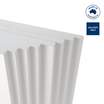
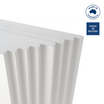
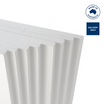
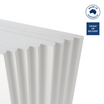
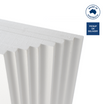
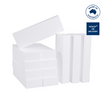
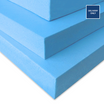
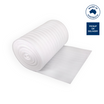
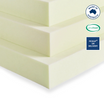
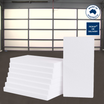
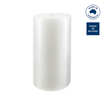
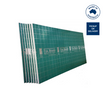
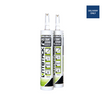

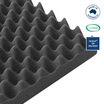

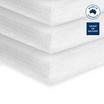
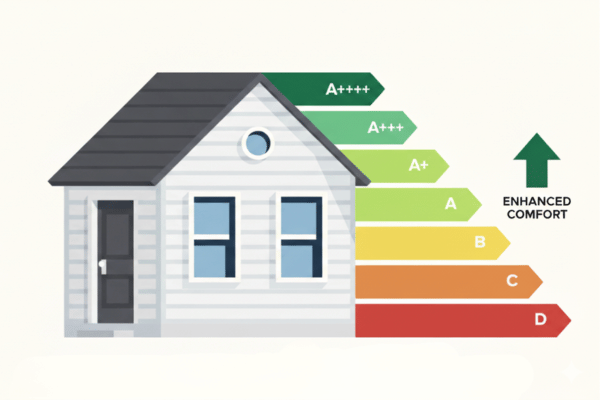
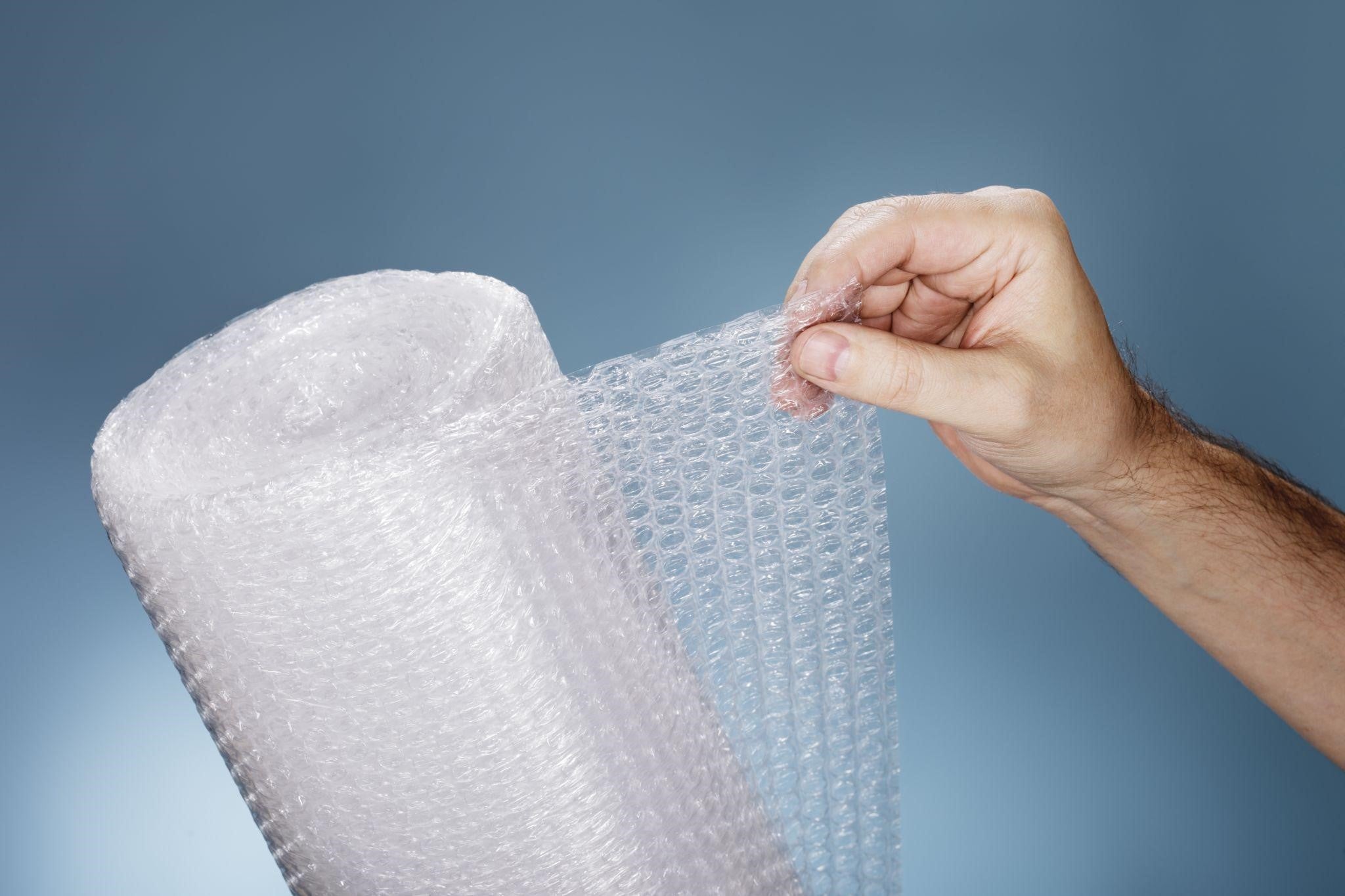
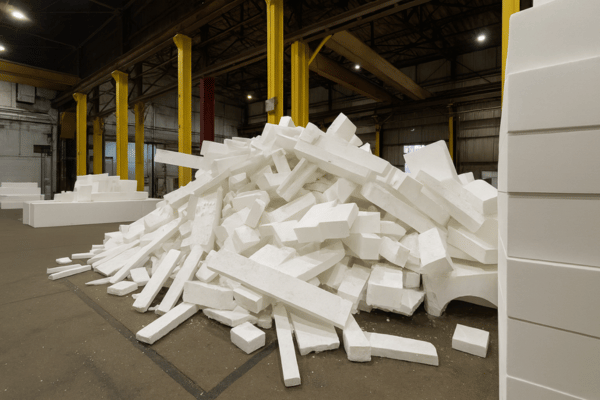
Leave a comment
This site is protected by hCaptcha and the hCaptcha Privacy Policy and Terms of Service apply.